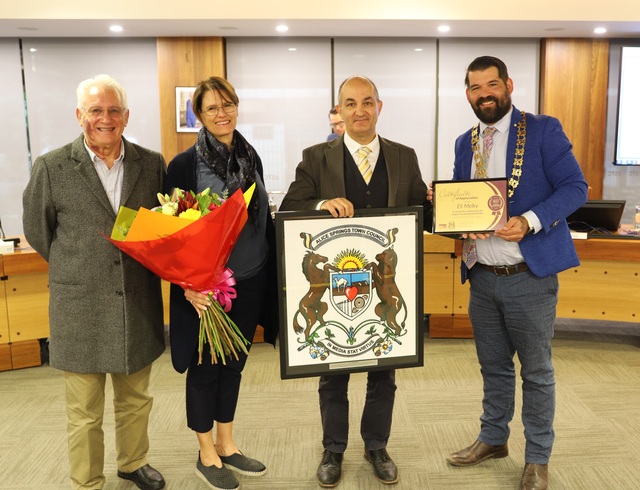By Janet Dore *
First of all I would like to congratulate Local Government FOCUS on 20 years of publishing and the enormous contribution it has made to sharing information throughout the sector in Australia. Twenty years ago I contributed a column on Planning Issues so when I realised this it caused me to reflect on changes in planning since that time.
There are a number of things that come to mind that have been milestones along the way as influences or changes to our planning systems. These include simplifying planning systems, a triple bottom line approach, biodiversity, climate change, risk management, sustainability, governance and development contributions.
Having had the experience of working within both Victorian and New South Wales planning systems, I am probably a little despondent about the progress in planning and the enormous complexity we seem to have achieved through the so called simplifying exercises.
The emphasis is always on impacts, both in urban design, environmental and neighbourhood terms, but apart from revised controls, such as BASIX in NSW and similar codes elsewhere, we have not sufficiently addressed the major issues of climate change and biodiversity.
I think things are very much status quo and like many other government policies are ignoring the real issues of our generation.
There is much talk about the baby boomers and their impending retirement or non retirement (as the case may be) and the different attitudes of Generation X’ers and Y’ers and what that will mean to the economy, when what we should be tackling is the whole issue of sustainability.
While Newcastle City Council has made a lot of progress in these areas we too often find ourselves bogged down in detailed discussions about individual Development Applications, rather than the strategic imperatives that are really pressing.
Nowhere is this clearer than in our transport systems. The preponderance of individual car usage seems unabated. Just what will it take for people to change their habits and accept that public transport usage can be appropriate?
Even I cycle to work once a week and if everybody, as Tim Flannery in the Weather Makers book says, does something to make a difference we can together make an impact. It is a bigger version of think global act local but the imperative is far greater. While planners are still deriving complex systems of assessment and controls we may be missing the point.
* Janet Dore is General Manager at







